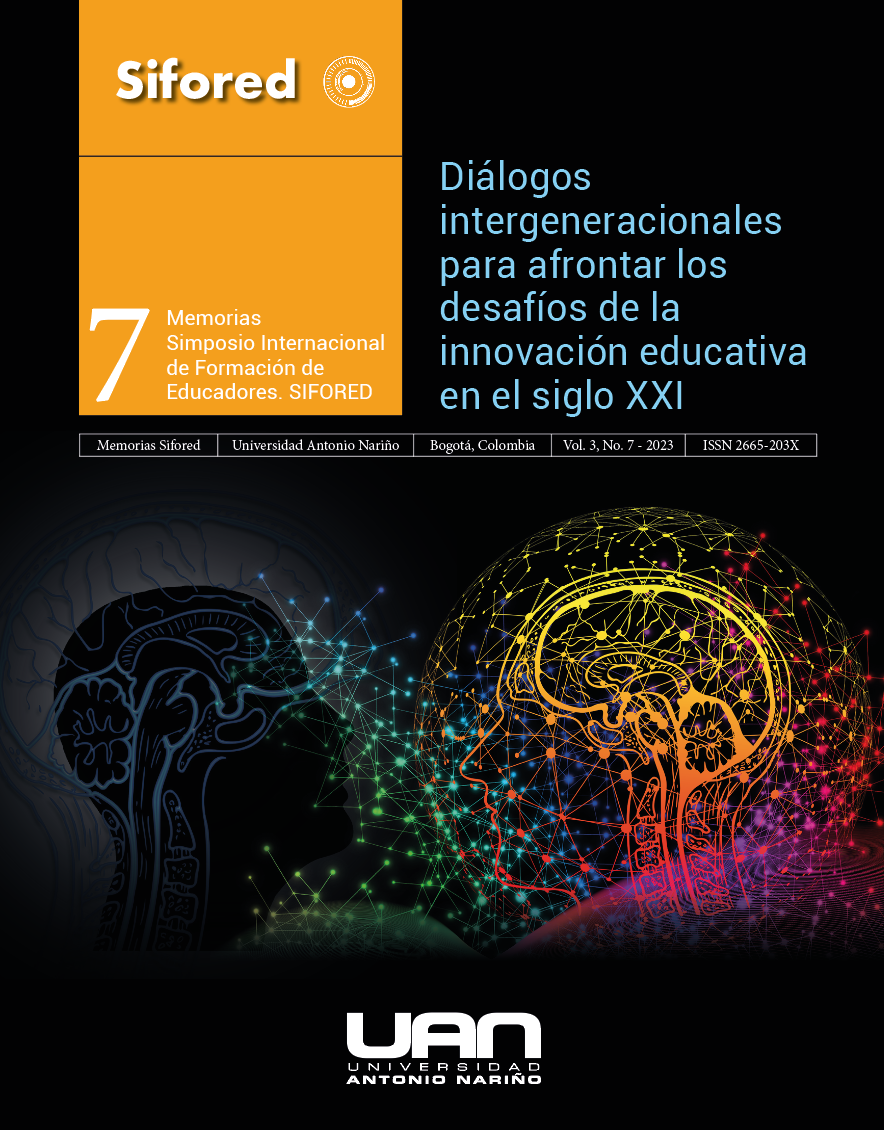El Aprendizaje Basado en Proyectos como Herramienta de Innovación Educativa: Lecciones de Dos Colegios en Bogotá
Keywords:
Educational innovations using CTI, Out of school education, Educational innovations, Teaching method innovationsAbstract
Innovating in the classroom entails the design and implementation of activities that spark students´ passion for learning. This is not an easy task because teachers are inundated with academic and administrative responsibilities, which leave them with little time for planning. Lack of tools to foster educational innovation in the classroom constitutes a daunting challenge in education. Consejo de Curso is a non-for-profit organization, based in Chile, and since 2014 has been working on the implementation of educational programs to close learning gaps using project-based learning methodologies. This study, qualitative in nature, aimed at understanding the extent to which project-based learning methodologies can nudge students´ interest and passion for learning. By conducting semi-structured interviews to the teachers who participated in the pilot project as well as by employing thematic and discourse analysis techniques, this study suggests that project-based learning facilitates students´ development of cognitive and non-cognitive skills (e.g., soft skills and social emotional skills).
Downloads
References
Alexander, K., Entwisle, D., Olson, L. (2007). Lasting consequences of the summer learning gap. American Sociological Review, 72, 167-180. https://www.ewa.org/sites/main/files/file-attachments/summer_learning_gap-2.pdf
Ali, S. (2019). Problem based learning: A student-centered approach. English Language Training, 12(5), 73-78. Disponible en: https://files.eric.ed.gov/fulltext/EJ1212283.pdf
Al-Said, K. (2023). Influence of teacher on student motivation: Opportunities to increase motivational factors during mobile learning. Education and Information Technologies, 1–19. https://doi.org/10.1007/s10639-023-11720-w
Aula 42. (2023a). ¿Qué es Aula 42? Disponible en: https://aula42.org/que-es-aula42.html
Aula 42. (2023b). El aprendizaje basado en proyectos. Disponible en: https://aula42.org/abp.html
Consejo de Curso. (2023). Fundación Consejo de Curso. Disponible en: https://consejodecurso.cl/index.html
Hernández-Sampieri, R., Mendoza, C. (2018). Metodología de la investigación: Las rutas cuantitativa, cualitativa y mixta. Editorial Mc Graw Hill Education.
Saldaña, J. (2015). The coding manual for qualitative researchers (3rd Edition). SAGE Publications.
Terada, Y. (2021). New research makes a powerful case for PBL. Edutopia. Disponible en: https://www.edutopia.org/article/new-research-makes-powerful-case-pbl/
World Development Report. (2018). Learning to realize education’s promise. World Bank Group. http://www.worldbank.org/en/publication/wdr2018
World Bank (2022). Poverty and shared prosperity 2022: Correcting course. World Bank. Disponible en https://openknowledge.worldbank.org/server/api/core/bitstreams/b96b361a-a806-5567-8e8a-b14392e11fa0/content
Downloads
Published
-
Abstract285
-
PDF (Español)172
How to Cite
Issue
Section
License

This work is licensed under a Creative Commons Attribution-NonCommercial-ShareAlike 4.0 International License.


 Portal de Ciencia Abierta
Portal de Ciencia Abierta